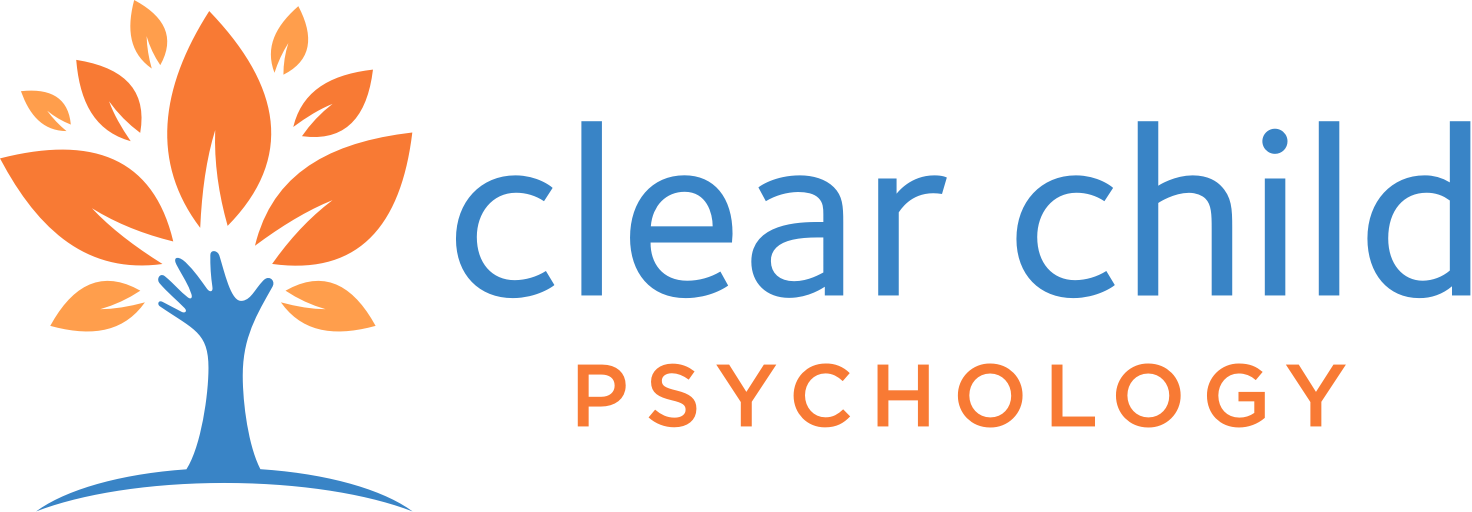The primary deficits in an intellectual disability are discussed below. Individuals may have trouble with reasoning, problem solving, verbal comprehension, retaining information, abstract thinking, academic skills and adaptive skills. Challenges must be obvious in both clinical evaluation and standardized intelligence testing (IQ). Challenges must be evident across multiple settings; in other words, challenges in school alone would not be enough to meet criteria. Difficulties must be evident in the child’s school, home, and community.
Conceptual. An individual with ID may have difficulty learning academic information, recalling conceptual information, and processing new information. Despite lots of support, a child may not be learning reading and math like peers. Using repetition, visual strategies, small group or one-on-one support may be most successful, but progress may still be markedly slow. Children with more severe IDs may have challenges understanding and communicating with language and also with understanding concepts like time, numbers and money. With very severe deficits, understanding anything symbolic may be challenging. Children may need to learn only within the physical world, and language could be severely impacted.
Social. The social domain considers spoken language as an integral part of understanding, conversation and social interaction. Mildly impaired children may seem just a bit immature. Language may be more concrete, and understanding of social dynamics may be as well. Individuals with ID may be easier to manipulate or take advantage of because of their more concrete understanding of social situations. For individuals with ID, making and having social opportunities and social connections is very important. Research shows us that individuals who have strong social connections are much happier and more productive in life. Social groups, activities and community centers are very important for people with ID. The support of family is invaluable so that children and adults with ID will feel connections and have relationships to rely on for support.
Practical. Individuals with ID typically need support planning and organizing a schedule, budgeting, shopping for groceries, and keeping track of appointments. Individuals can often learn lots of self-care skills, community skills and home care. They may struggle to live completely independently, preferring an apartment close to a family member, a group home with built in social opportunities or having a caregiver. Mild and Moderately impaired individuals can handle a lot of personal and self-care tasks and may be very successful at jobs that are more concrete in nature or may excel in concrete tasks at school. Extra support from supervisors, teachers, paraprofessionals, and others will greatly impact progress. Severe and profoundly impacted individuals will be more reliant on others for self-care. Sometimes, toileting, bathing, eating, dressing, and other daily skills require comprehensive support. A small percentage of individuals may have self-injuring behaviors, such as biting or hitting themselves. Individuals with more significant impairments need a great deal more support than do those with mild to moderate challenges.
Severity Levels. ID is characterized as having four different severity levels. Severity level Mild includes traits that are subtle and may not be obvious to those who are not trained to diagnose, but the child’s challenges are significant enough to lead to a referral. Severity level Moderate is noted for individuals who might have more challenges communicating, speaking in simple sentences, and maybe more obviously impaired. Severity level Severe is for individuals who have significant deficits, and Profound is the level for individuals who are most impacted.



